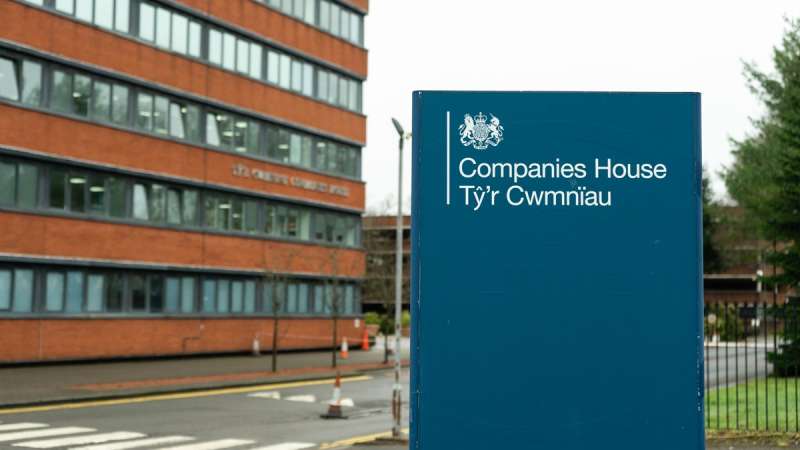
The sale of any business (or company) will often be complex and time-consuming. The more preparation you can do (as a seller), the more time you can save and the less stressful the process can become.
For technology businesses in particular, it is vitally important to consider which assets and rights you intend to sell to a buyer and which obligations are to be assumed by the buyer. This is not an easy task, especially if the seller plans to continue to operate its connected or complimentary business following the sale.
As a prerequisite to any sale, a buyer will look to undertake a due diligence exercise on the business (and company). A seller should therefore undertake its own due diligence investigation before engaging with prospective buyers. This would involve a review of the business and its operations from the perspective of a potential buyer.
Our Corporate Solicitors explore the key issues to consider when selling a technology business.











